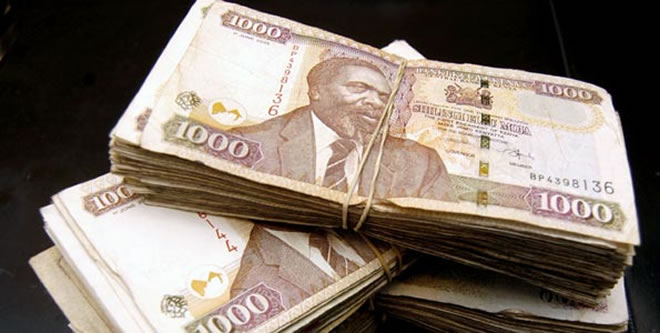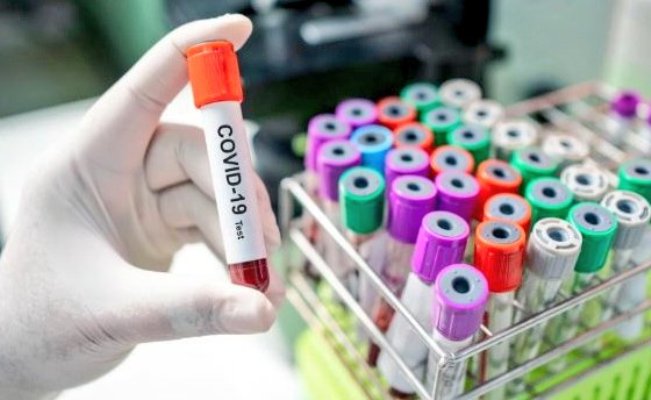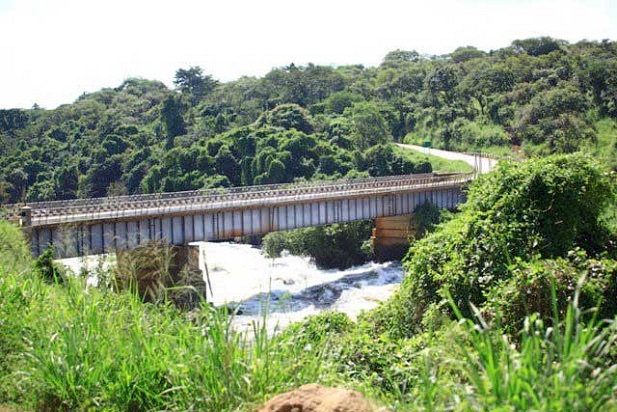Uganda Registration Services Bureau (URSB) is in the process of protecting shea butter and its unique products from Northern Uganda with Geographical Indications (GI).
A geographical Indication is a sign used on products that have a specific geographical origin and possess qualities or a reputation that are due to that origin.
The move, part of the implementation of the Geographical Indication Act 2013 provisions passed by the government aimed at protecting unique regional products in the country.
Mercy Kainobwisho, the URSB Registrar General revealed that the move is a marketing strategy that will build consumer confidence and spur marketing of shea butter products to international markets.
She says that having shea butter products protected will attract clients who would love to buy the products based on their originality or location.
Kainobwisho was speaking on Wednesday during an engagement on Intellectual property rights with several stakeholders in Gulu City.
She says the region and the country in general boast of several unique agricultural products such as Coffee, and Vanilla which are of high quality and need to be protected for the benefit of the local farmers.
Kainobwisho notes that having products protected comes with huge benefits for entrepreneurs and the economy in terms of winning supply contracts, having sole ownership of products, and increasing Foreign Direct Investment (FDI) among others.
Norbert Mao, the Minister for Justice and Constitutional Affairs who was chief guest at the event said many shea butter producers in the region earn little from their creativity because their products aren’t protected.
He said that there is a need for URSB to create an enabling environment where intellectual property is respected to boost the earnings of local innovators.
According to Mao, Intellectual Property rights have the power to spur development and lift the socio-economic status of local innovators in the country.
In a bid to tap into the opportunity, some 7,000 shea nut producers from the eight districts of the Acholi Sub-region have come together and formed the Acholi Shea Cooperative Limited.
Joyce Laker, a local shea butter producer and member of the cooperative says they have already made an application to URSB to register the shea butter products as a geographical indication in the Acholi Sub-region.
Laker however says despite the huge numbers of local producers interested in value addition in the shea butter business, they are incapacitated by limited finance and inadequate skills training in the business.
But Mao says it’s the duty of the government to support local innovators and negotiate for the international markets where the innovators can sell their products. He also challenged the local innovators on creativity for them to tap into the global market.
Shea trees are indigenous fruit trees that grow widely in the Acholi Sub-region and other parts of Northern Uganda. The trees produce fruits from which shea nuts are collected and processed into shea butter and a number of cosmetic products.
The trees have however become endangered in the Sub-region and face extinction due to their indiscriminate destruction for charcoal production.
Nationally, the country produces about three tons of shea butter (Vitellaria Nilotica species) annually despite the global demand for shea butter standing at 350,000 tons annually according to figures from the Uganda Investment Authority. By 2025, the global shea butter market is expected to hit 2.9 million US Dollars owing to increased demand for organic beauty products in the cosmetic industry.
-URN





